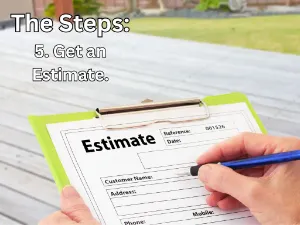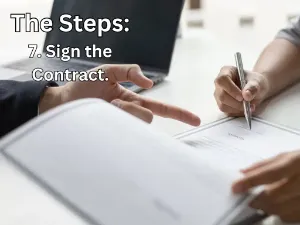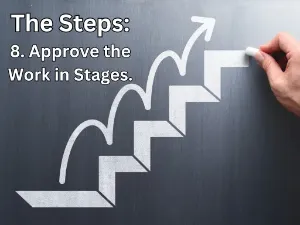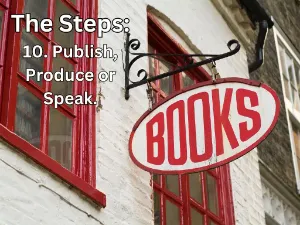
Tips on how to spot ghostwriting scams.
By- Michael McKown
Co-founder & president, Ghostwriters Central, Inc.
Unfortunately, I often get calls from angry folks got ripped off by somebody, and they mistook them for us. Once I’ve calmed them down, I do what I can to help them reach the bad guys who stole their money.
Here are some tips about spotting a ghostwriting scam:
Cold calls. You should be the one initiating the call. If they’re calling you, beware.
They’re offering you a huge discount. If they were legitimate, they have business costs and payroll to cover. If they’re running a scam, that low, low price is pure profit for them.
They want a large, upfront payment. Scammers love that. Legitimate writers will be crystal clear about payments, fees, and terms of the transaction. In the case of Ghostwriters Central, for projects over $1,000, we can offer a payment plan where all payments are the same amount.
Hidden fees. If you’re being charged fees that you didn’t agree to up front, you’re probably being scammed.
Unorthodox payment methods. Paying via a gift card, by Western Union, PayPal to some supposed “friend” are probably a scam. Wire transfers to an account linked to the business name are probably legitimate.
High-pressure sales. They want you to make an immediate decision to take advantage of a special offer. Walk away. Legitimate writing services do not employ such methods.
Foreign accent. Probably the company is located overseas and the caller ID number is fake. Avoid foreign writers. Even if they’re legitimate, the odds are the work will be of poor quality.
Poor English in emails. Writers know grammar, spelling and sentence structure. If their written communications are defective, walk away.
Sponsored search engine listings. It can take a long time for a website to rank high in “organic” search results, and no scammer will make the effort. Instead, they pay the search engine to have their website rank near the top of the search results. Not all sponsored listings are scammers, but be cautious.
New websites. Before you sign, go to: whois.com. Find out when the website’s domain was registered. In the upper right-hand corner is a search box. Enter the domain, such as: example.com. It will tell you when the domain was registered. If it’s within the last two years, be cautious.
Reputation. Do a Google search for the domain name, business name, or the writer’s name. Add the word “scam” to the search. If they’ve behaved badly, people will have mentioned it.
They avoid FaceTime or Zoom calls. A legitimate ghostwriter will be eager to communicate by phone or video.
No detailed contract. The agreement for the work needs to identify the project by name, payment terms, target length, when deliverables are due, final turnaround deadline, and contact information for the ghostwriting company or individual writer.
A.I. writing. There are free tools available to detect writing by chatbots. You’re paying for a human to skillfully write your project, and often A.I. writing is inferior.
This is our video on ghostwriting scams. And this is a video on how we got a deadbeat client to pay up, although this is not our preferred way to operate!
That ought to keep you safe. Good luck!
For the record, we don’t scam anyone, and never have..













